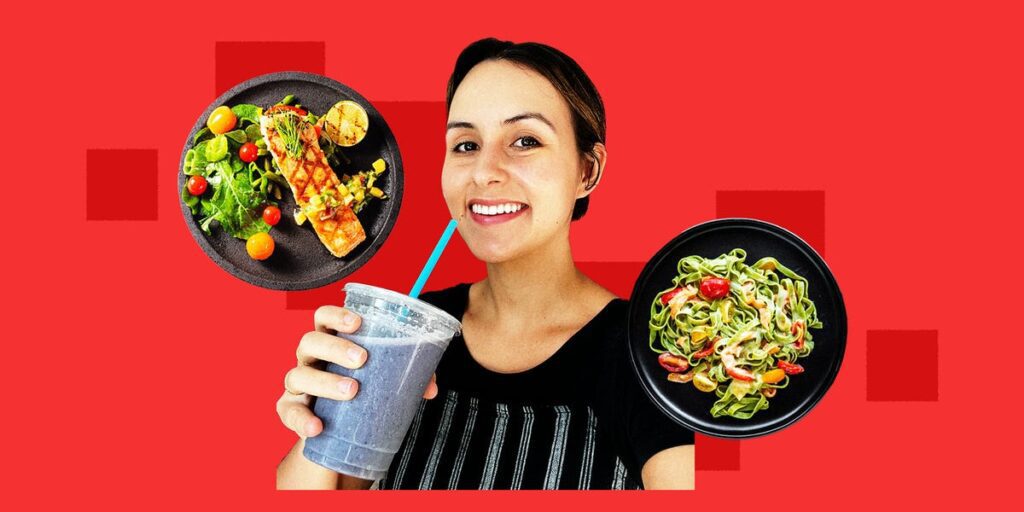Essential Guide to Carbo-Loading Before a Marathon
Carbo-loading, a strategic nutritional practice for runners, particularly before a marathon, involves increasing carbohydrate intake to maximize energy reserves. This technique aims to fuel the body adequately, ensuring that runners perform at their peak during the race. Understanding how to effectively implement carbo-loading can significantly impact overall performance and endurance on race day.
The Basics of Carbo-Loading
In the week leading up to a marathon, runners typically taper their mileage while focusing on carbohydrates. The increase in carbohydrates is essential for storing glycogen, which serves as a primary energy source during long-distance running. Alongside carbohydrates, incorporating lean proteins and staying hydrated is crucial. It’s advisable to minimize high-fiber foods, as well as spicy or fatty meals that could lead to gastrointestinal discomfort on race day.
How Many Carbs Should You Consume?
Sports dietitian Jena Brown recommends a guideline of consuming roughly 8-12 grams of carbohydrates per kilogram of body weight. For many runners, this means aiming for up to 508 grams of carbohydrates daily, divided between meals and snacks. A common structure could involve approximately 169 grams for three meals and an additional 85 grams spread over six snacks.
Choosing the Right Carbohydrates
The type of carbohydrates selected is equally important. While whole grains and high-fiber options are generally healthy, Brown notes that simpler carbohydrates may be preferable in the final days leading up to the marathon. Foods like white pasta or rice may aid digestion better than their whole-grain counterparts due to their lower fiber content.
The Role of Hydration in Carbo-Loading
Hydration plays a critical role in effective carbo-loading. Brown emphasizes that extra fluid intake is essential to store carbohydrates in muscles. Runners should aim to drink at least half their body weight in ounces, plus an additional 20-30 ounces during the week leading up to the marathon. Smoothies can be an excellent way to hydrate while also providing electrolytes, making them a recommended choice post-run this week.
Minimizing Fiber, Fat, and Spices
As race day approaches, it’s advisable to reduce fiber and fat intake to avoid potential digestive issues. The last three days before the marathon are particularly crucial for limiting fiber to no more than 25 grams for women and 38 grams for men. Runners should opt for low-fat, easy-to-digest foods—pasta with a light sauce is a great example—while avoiding rich or spicy dishes that could interfere with optimal performance.
Final Meal Considerations
The dinner before the marathon is significant, and runners should choose their meals wisely. The best options include pasta with a simple tomato sauce or a baked potato with minimal toppings. On the morning of the marathon, focusing on simple carbohydrates and sugars that are easily digestible, such as a plain bagel and Gatorade, is ideal. After completing the marathon, however, celebratory meals are entirely appropriate, providing ample motivation to cross that finish line.
For those interested in enhancing their marathon training and optimizing performance, understanding the intricacies of carbo-loading is essential. By focusing on proper nutrition and hydration strategies, runners can help ensure they are truly prepared for the challenges of race day.
